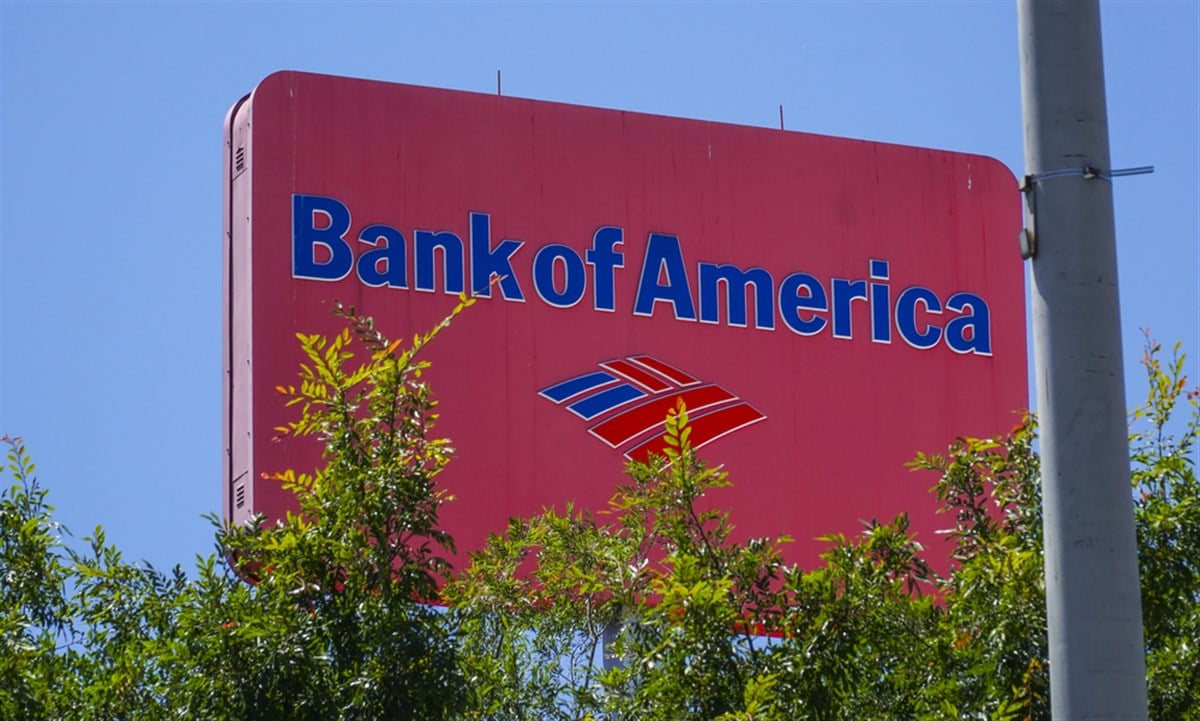
The week is off to a rocky start for most investors. From Sunday night’s opening of futures and Asian stock markets to the 3.6% decline on the S&P 500, the market’s rotation seems to be gaining more momentum this week without any signs of slowing down. Hopping on this trend are Wall Street legends like Stanley Druckenmiller and Warren Buffett's company, Berkshire Hathaway.
Druckenmiller started selling out of the technology sector recently, namely the names dealing with the artificial intelligence hype. He decided to reallocate into the bond market through the iShares 20+ Year Treasury Bond ETF (NASDAQ: TLT) and the small-cap stock space through the iShares Russell 2000 ETF (NYSEARCA: IWM). There is another trend out there, however, one that Buffett started long before, and it’s headed to the energy sector.
Even as oil prices have yet to break—and remain—above $80 a barrel, those at Goldman Sachs expect them to reach up to $100 this year. Buffett’s quarterly report for Berkshire Hathaway Inc. (NYSE: BRK.A) shows that he not only bought into energy but also backed up the current rotation by selling out of technology and even cutting out Bank of America Co. (NYSE: BAC) stock in a systemic view that stocks might be overvalued today.
Buffett's Own Indicators Are Flashing One Clear Signal
After selling half of Berkshire’s stake in shares of Apple Inc. (NASDAQ: AAPL) and also buying up to 29% of Occidental Petroleum Co. (NYSE: OXY), investors can see that Buffett is sending a very clear message to the whole stock market and the economy.
The main message is that there will be a massive rotation, a flight to safety, as most will call it. Typically, this flight to safety would benefit precious metals like gold, but Buffett is not a fan of gold. So, the next best thing that came to mind was oil.
But his bet in Occidental Petroleum extends past his optimism for oil. The “Buffett Indicator,” which is the stock market to GDP ratio, recently reached a near all-time high of 193%, signaling that stocks overall are on the expensive side today. This could be why he also holds a record cash balance of over $218 billion inside Berkshire.
How this sentiment extended to Bank of America should come as a major warning for investors, and it has everything to do with where Buffett expects the dollar to be headed. Buffett wants to see the same strength out of Occidental Petroleum could be the same trend that shows up as weaknesses for banking stocks.
Bank of America's Weak Spot Exposed
Typically, a strong dollar helps financial stocks outperform the rest of the market since their balance sheets are usually driven by assets such as loans. By betting on a stronger energy sector ahead, which is only made possible through a weaker dollar, Buffett would contradict himself if he still held onto his Bank of America stake.
Looking at Bank of America’s latest quarterly results, investors will notice that the bank holds up to $1 billion in loans and leases on its balance sheet. More than that, $1.2 billion of interest-bearing deposits showed up on the liability side of the bank, and here’s how that spells bad news for the future.
Since Bank of America, like all other banks, originated these loans when the dollar was stronger, being repaid with a weaker dollar ahead will eventually negatively affect the bank’s earnings per share (EPS).
Knowing this and matching Buffett, those at Pzena Investment Management (Bank of America’s largest shareholder) shaved off 7.6% of their stakes as of August 2024. Finding additional bearish evidence, investors can look to Bank of America stock’s rising short interest, which jumped by 6.8% over the past month.
However, Wall Street is only half the picture, and investors need to know what Main Street is thinking overall. To decrypt the market’s message, investors need to look at valuation multiples for Bank of America pegged against the rest of the financial sector.
Bank of America stock trades at 13.0x on a price-to-earnings (P/E) basis, which is significantly below the average 58.6x valuation for the rest of the finance sector.
Typically, markets discount a stock’s valuation if they expect the future to be somewhat bearish. Investors now know to consider the potential liabilities resulting from a weaker dollar as one reason for the discount.
However, it isn’t all bad news for investors, as they can still look to the energy sector for answers, especially now that this near 100% accuracy indicator has flashed a buy signal for oil names, just as Buffett has also confirmed.





